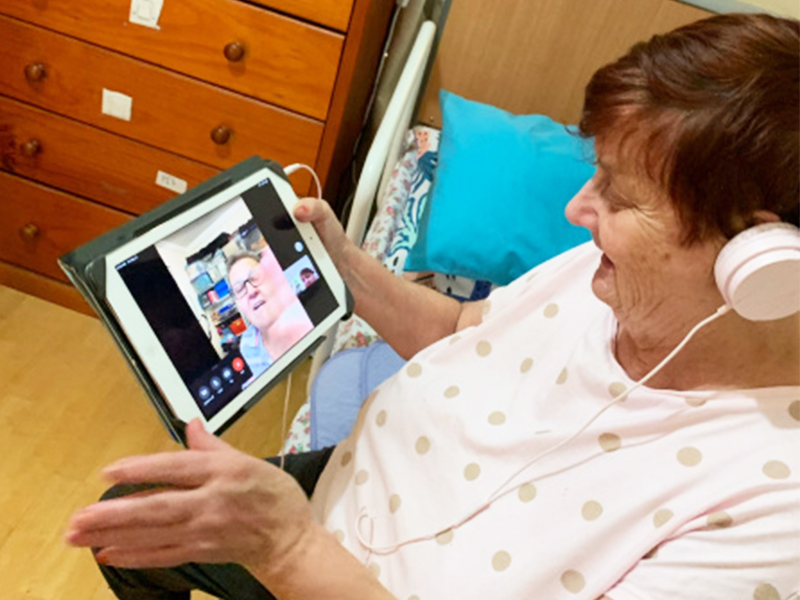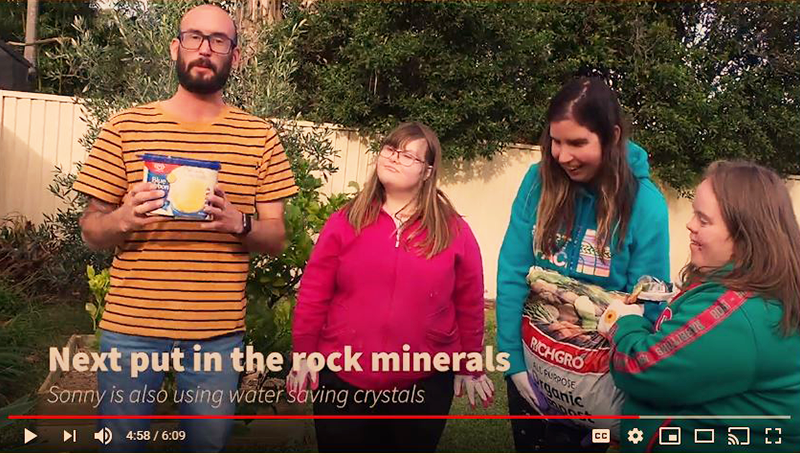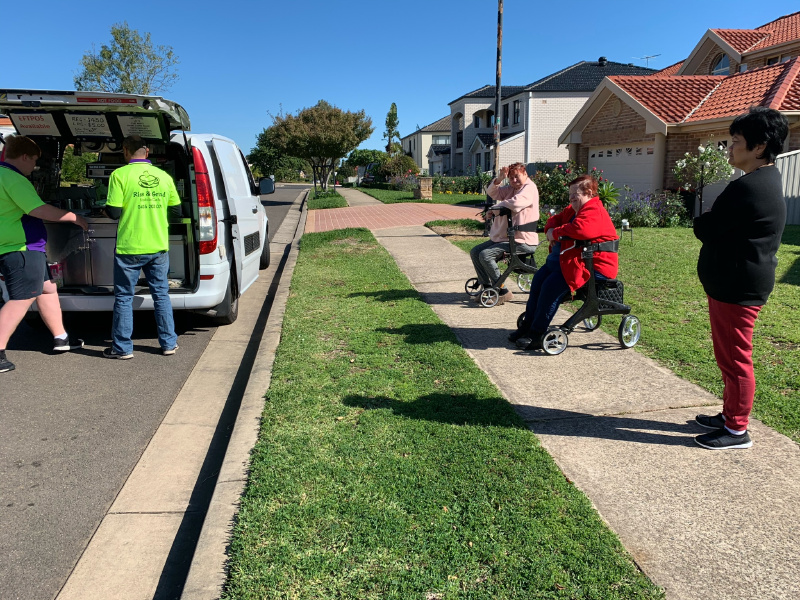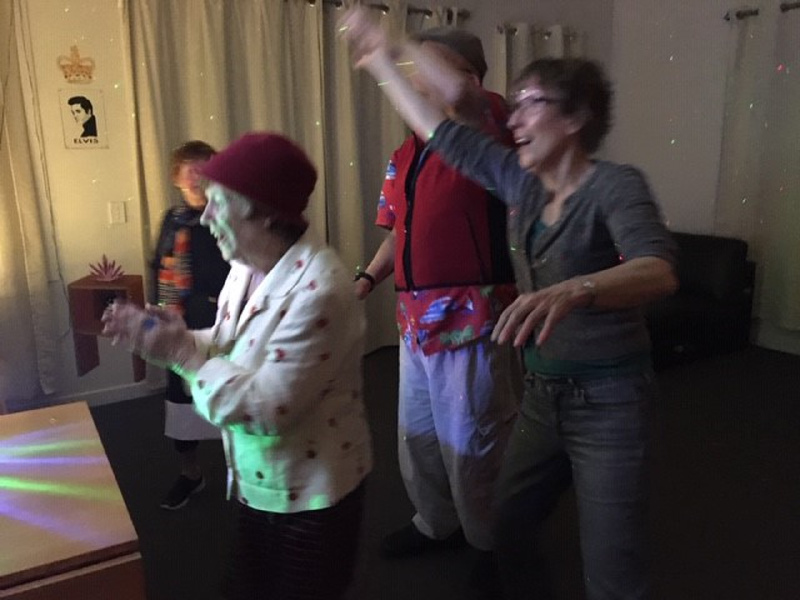
Two months ago, social distancing was not even part of our vocabulary, but since the coronavirus pandemic infiltrated our lives, it’s now the new “normal”, and is likely to be for some time, even as lockdown restrictions begin to ease.
With many of the things that help us to feel happy and connected with our community on hold, such as sport, hobbies and socialising, we are spending more time than ever at home. And, while we may be isolating physically, there are some small, but significant things we can do to prevent us from feeling isolated and disconnected in the midst of COVID-19.
Here are five simple ways you can stay social while social distancing:
1. TAKE AN ONLINE CLASS

Whether you are learning something new or pursuing an existing hobby or passion, there are plenty of options on offer in the virtual world. Civic’s new Civic@Home online resource hub is a great place to start. With many centre-based group activities suspended, Civic introduced Civic@Home in order to deliver programs similar to those previously delivered in the community, in the comfort of clients’ homes.
The platform combines elements of Community Hub activities with a timetable of live classes, together with a library of video content which clients can access in their own time. Classes and content cover everything from fitness workouts and cook-along classes to art, craft and floristry tutorials, with new content added regularly.
2. TALK TO FAMILY AND FRIENDS

Spending time alone can make us feel vulnerable and disconnected, so whether it’s a video call, phone call, a text or email, just reach out and keep talking. It certainly won’t replace face-to-face contact, but it’s the next best thing. After all us humans are social beings.
3. DO A GOOD DEED
In these unprecedented times, kindness is more important than ever. Doing something nice for others can get the happy hormones flowing and boost our mood, and it’s a powerful tool in helping us to participate in the community and feel connected.
Think about someone you know who might be struggling and reach out to them. Is there anyone in your local community, an elderly neighbour for instance who might be isolating and needs basic supplies or just a yarn over the fence to ease those feeling of loneliness. Of course, it’s important to consider your own safety in the first instance, and ensure you feel well both physically and mentally, before you help others.

4. MAKE PLANS & “MEET UP”
While you might not be going into work, or going to the gym, beach and park, you can attend a virtual meet up using one of the many video conferencing Apps available – FaceTime, Zoom or Skype – to keep in the loop with your friendship group.
Civic has been hosting virtual discos with a DJ spinning tracks via Civic@Home, for residents living in supported accommodation and other clients. Participants can see their colleagues and friends, while enjoying a dance and some fun together online.

If you’re staying at home and keen to connect with friends, you could try setting up a virtual dinner, book or film club to encourage those feelings of togetherness. It is possible to maintain a thriving social life; all you need is a little bit of creativity. The most important thing is to maintain a positive outlook and make plans just as you would normally.
5. IT’S OKAY TO ASK FOR HELP
If you’re struggling, then it’s important to reach out and ask for help. These are strange and unprecedented times, after all, and it’s perfectly understandable that you may be having a hard time.
Beyond Blue has wealth of resources to help you if things feel like they are too much.
Your GP can also help you with a referral for specialist help.
If you need immediate support and are in crisis, go to the emergency department of your local hospital, contact your local crisis assessment and treatment team (CATT) or psychiatric emergency team (PET), or call 000.
Other agencies that can help in a crisis are:
Lifeline telephone counselling, 13 11 14 (24 hours)
Suicide Call Back Service, 1300 659 467 (24 hours)


